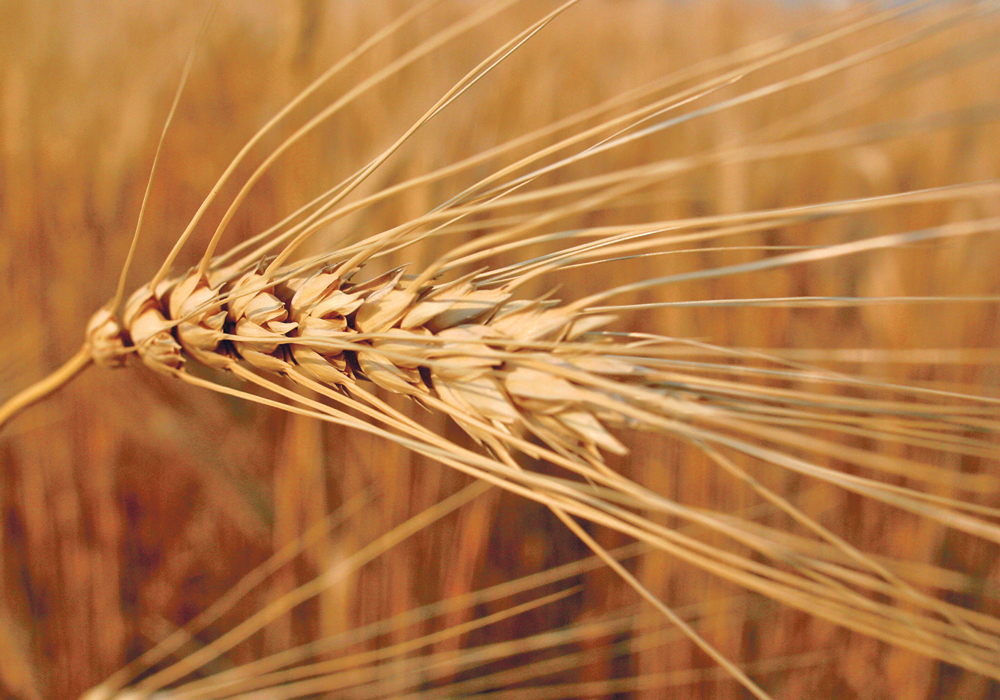Canadians and Italians like each other. Italian culture has formed a deep part of the Canadian fabric, and Canadians buy hundreds of millions of dollars of goods from Italy every year.
However, there have been some hiccups recently in the trade relationship between Canada and Italy, highlighted by the protectionist measures being used to block Canadian durum exports.
I often think that the few times when differences between our countries arise, governments should just get out of the way and let ordinary people resolve the issues.
Read Also

Proactive approach best bet with looming catastrophes
The Pan-Canadian Action Plan on African swine fever has been developed to avoid the worst case scenario — a total loss ofmarket access.
Canadian and Italian farmers met face-to-face this past December in Altamura when a team from Canada’s durum wheat value chain travelled to Italy to talk about the high quality of the 2018 crop. Italian farmers had the opportunity to directly interact with Saskatchewan farmer Scott Hepworth, who was a key part of the delegation.
Guess what? Farmers in Canada and Italy have much more in common than differences. Those in attendance in Altamura saw that the quality of Canadian durum is the highest it has ever been. To quote Mr. Hepworth: “This is the most beautiful durum we have ever grown.”
Farmers from both Italy and Canada saw that by working together, Italian pasta producers can make the highest quality pasta in the world, using durum from both Canadian and Italian farms.
This was a great example of the positive dialog that happens when farmers from different countries meet face-to-face, rather than trying to talk through lobbyists and special interest groups that have their own agenda.
Italy and Canada are friends who benefit from increased bilateral trade. Since the Comprehensive Economic and Trade Agreement (CETA) came into effect in September of 2017, trade between Canada and Italy has increased by almost 14 percent.
Italian exports to Canada have increased by more than 11 percent. All parts of the Italian economy, including farmers, are benefiting from trade with Canada.
Yet during the same time we have seen access to the Italian market for some key Canadian products become restricted. Exports of durum, the primary Canadian agricultural export to Italy, has fallen by more than 60 percent since CETA has come into effect. This is a result of protectionist country-of-origin labelling regulations in Italy and an active social media campaign disparaging the quality of Canadian durum production.
These attacks have come from special interest groups focused on protectionism and not healthy two-way trade.
Both Canada and Italy benefit from trade and commerce that is based on sound science. How do consumers differentiate between science facts and the latest meme on the internet? We depend on science-based regulations from the European Food Safety Authority and the Canadian Food Inspection Agency.
Italian consumers can be confident that Canadian exports, which meet the strict regulatory requirements for importation into Italy, are safe to enjoy with family and friends. Conversely, farmers in Italy know that their high-quality food products, such as Parmigiano Reggiano or Parma ham, will be accepted by Canadian consumers because of regulations that are based on sound science and not influenced by politics or the latest internet trend.
I am confident that open dialog between the people of our two great countries can resolve any differences that arise.
Farmers from Italy and Canada have recently shown this to be true.
Canada and Italy have both prospered economically and culturally because of the friendship between us.
It is in the national interest of both countries that this relationship continues to grow and flourish.
Cam Dahl is president of Cereals Canada.

















